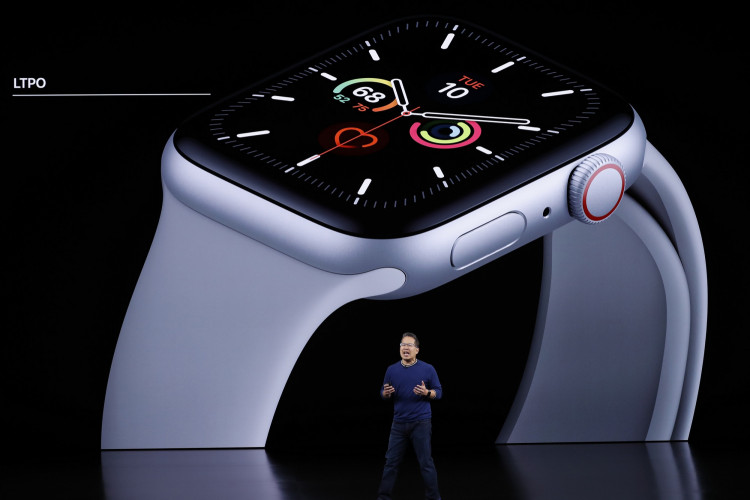Apple Watches may soon have the ability to decide when to administer medications. Scientists are now trying to find a way to equip Apple wearables with activity trackers that they think might help in the early detection of diseases. A biotechnology company is currently working on clinical trials about this.
BioXcel is at the moment conducting clinical trials to test their method of delivering drugs to patients with Alzheimer's affected with agitation that incorporates data from a wearable tracking device like the Apple Watch. The biotech company's utmost objective is to develop a platform that could gauge the patient's activity and utilize it to determine and calculate agitation for them to administer the drug to the patient quickly.
According to George Grossberg, the director of Geriatric Psychiatry in Saint Louis University School of Medicine's department of psychology and a member of BioXcel Neuroscience Clinical Advisory Board, through early identification of the early sign of agitation, they believe that the drug could be efficiently administered and consequently could trim down the medical costs. The announcement takes place following the rise in the number of pharmaceutical companies targeting dementia and Alzheimer's disease.
Apple has recently collaborated with Eli Lilly to learn of the data gathered from iPhones, and Apple Watches could help determine patients who are manifesting signs and symptoms of dementia. According to Boston University School of Medicine's professor Rhoda Au, since there is no proven effective medication for Alzheimer's disease, they have to try something different. The professor is also conducting a research that includes the use of wearable devices to sense Alzheimer's disease in the earliest possible time.
The collaboration of the leading tech giants and healthcare companies could be detrimental for improved management of progressive and chronic diseases. According to professor Au, the current models do not provide patients' diagnosis and necessary treatments until they manifest the threshold of symptoms. Through activity monitoring, they would be able to develop and understand the trajectory of these conditions and could intervene at a much earlier time.
The Apple Watch didn't need a lot of new upgrades and it's still missing some things, but the Series 5 brings what was needed most. pic.twitter.com/acnvhuzXGE — CNET (@CNET) September 18, 2019
Wearable motion sensors, like that found in Apple Watches, are crucial tools for studying patients with neurological conditions since they provide a strong mirror of the patient's brain. Au said that it is powerful so long as they collect the right data and properly analyze it. The Cupertino-based tech giant recently launched its latest smart wearable called the Apple Watch Series 5, and it is loaded with useful health monitoring and activity tracking features.






